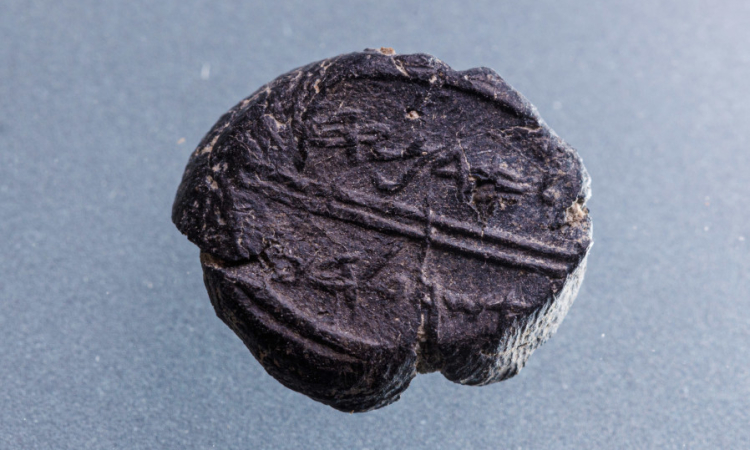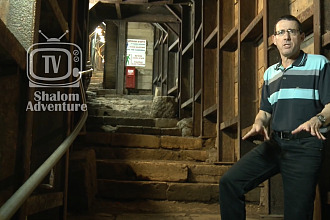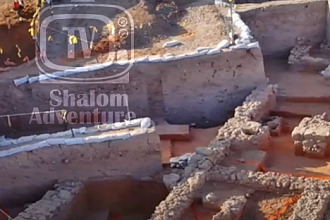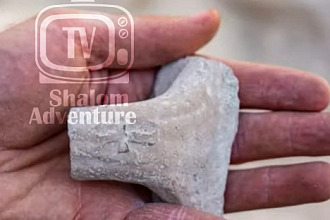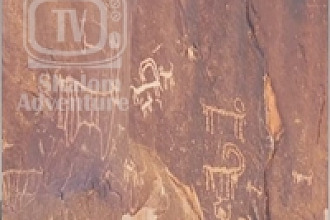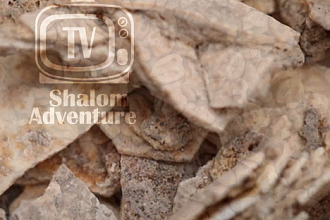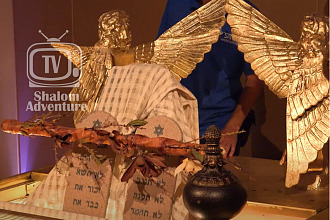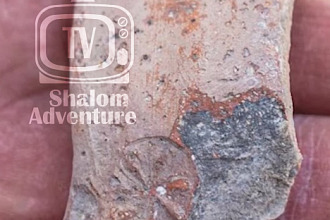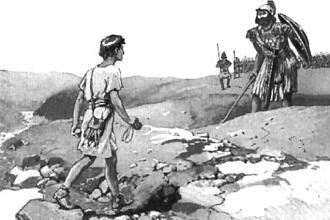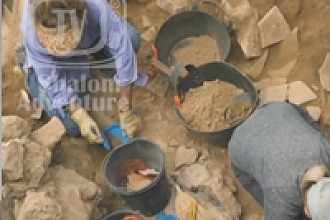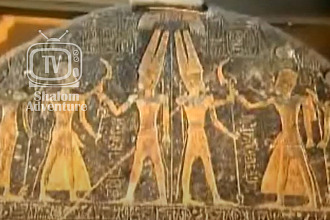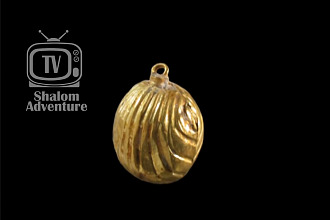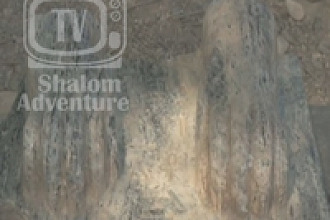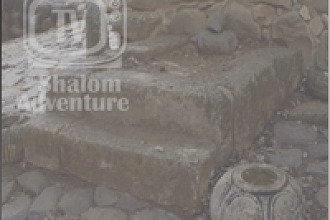A small clay sealing approximately one centimeter in diameter dating back to the 7th century BCE was unearthed in the City of David beneath the Western Wall, bearing the inscription, “Belonging to Adoniyahu, the Royal Steward,” and also etched in calligraphy, the name of a character found in the Hebrew Bible, Adoniyahu, which translates to“The Lord is my Master,” the Times of Israel reported.
"This is the first time this kind of archaeological discovery has been made in Jerusalem,” arhaeologist Eli Shukron said according to Israel National News. “The Biblical title “Asher Al Habayit” was the highest ranking ministerial position beneath the king during reigns of the Kings of Judea and Israel, it is undoubtedly of great significance."
Adoniyahu refers to the name of one of King David’s sons as recorded in the Book of Kings and is also referenced in the Book of Nehemiah, which would have been the Second Temple era, circa 465-424 BCE. There is another Adoniyahu recorded in scripture, a Levite, living during the reign of King Jehoshaphat (circa 870–849 BCE) as recorded in the Book of Chronicles.
The clay sealing was originally found by a teenager volunteering with an excavation project sponsored by the City of David. The young teen’s name is Batya Howen.
I began sifting through the bucket of dirt by washing it under a stream of water, and suddenly I recognized a small piece of black colored piece of metal,” Howen said. “To hold such a significant find from 2600 years ago, from the time of the Kingdom of Judah, is an amazing thing.”
“This tiny bulla has immense meaning to billions of people worldwide,” Doron Spielman, Vice President of the City of David Foundation elaborated. “The personal signet of a senior official to a Biblical King from the First Temple Period. This is another link in the long chain of Jewish history in Jerusalem that is being uncovered and preserved at the City of David on a daily basis.
Picture originally found here

